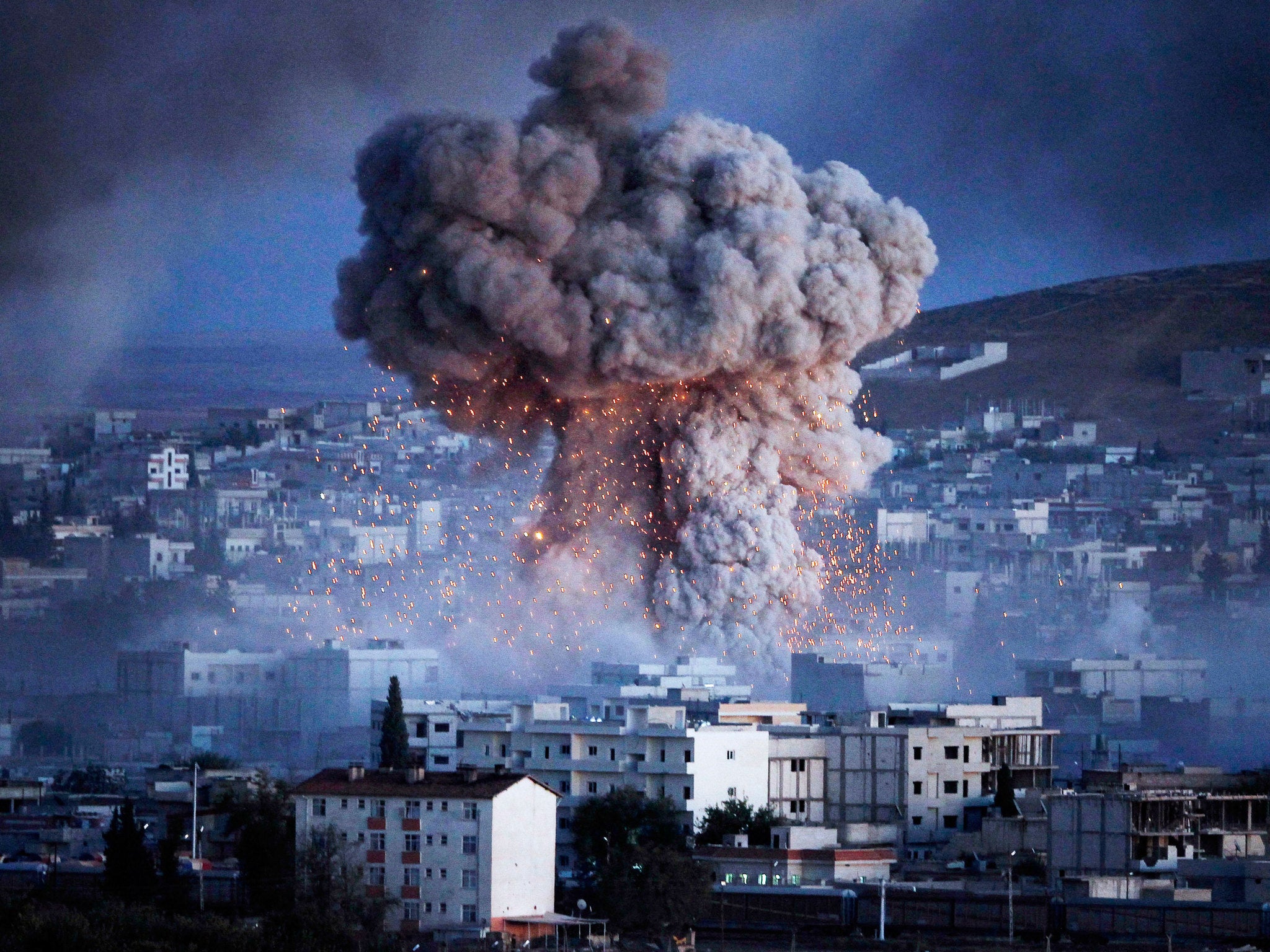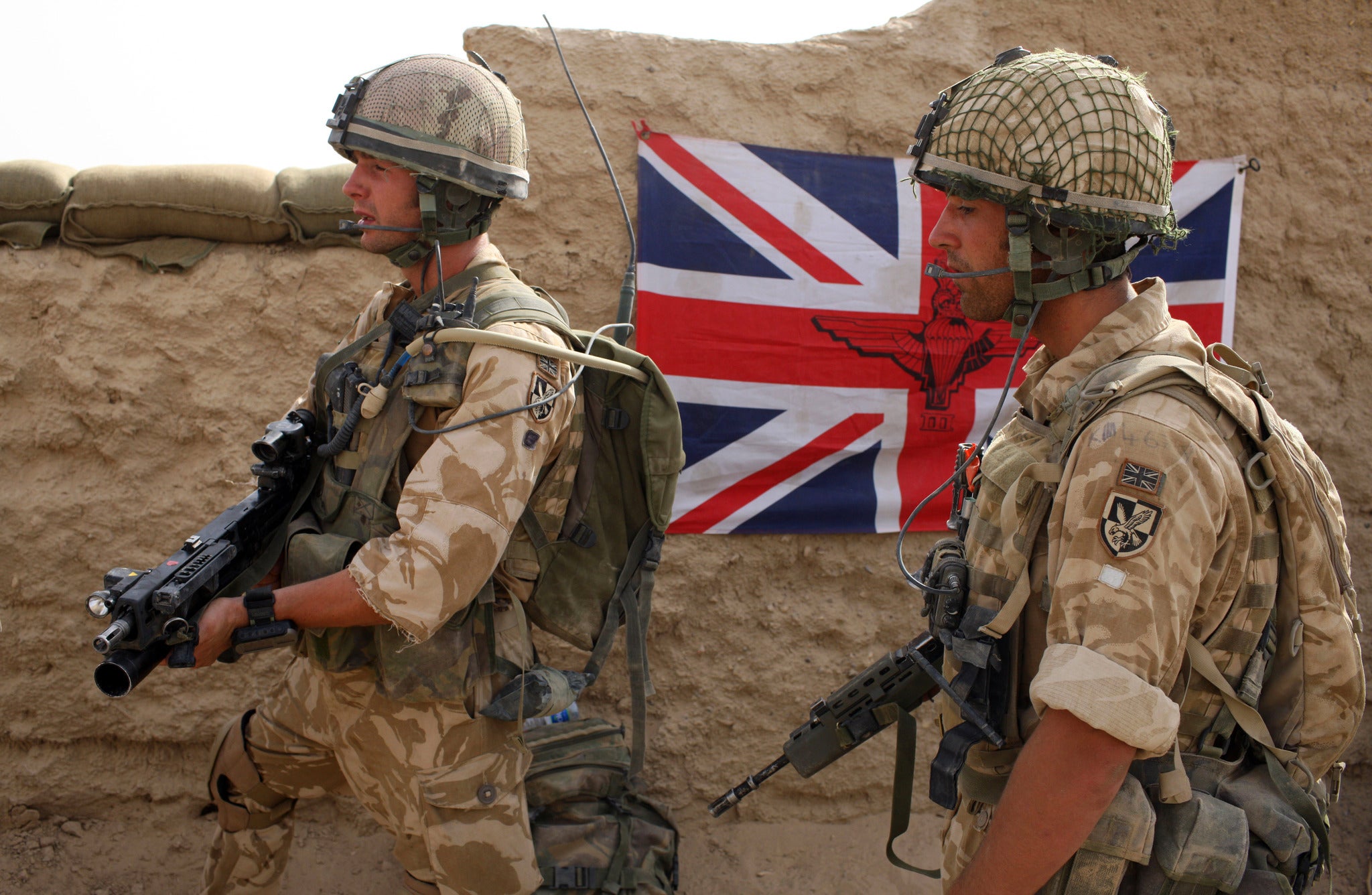Global Peace Index: Syria named world's most dangerous country in latest research on international levels of peace and violence
Iceland is the most peaceful, and Syria is at the bottom of the list

Your support helps us to tell the story
From reproductive rights to climate change to Big Tech, The Independent is on the ground when the story is developing. Whether it's investigating the financials of Elon Musk's pro-Trump PAC or producing our latest documentary, 'The A Word', which shines a light on the American women fighting for reproductive rights, we know how important it is to parse out the facts from the messaging.
At such a critical moment in US history, we need reporters on the ground. Your donation allows us to keep sending journalists to speak to both sides of the story.
The Independent is trusted by Americans across the entire political spectrum. And unlike many other quality news outlets, we choose not to lock Americans out of our reporting and analysis with paywalls. We believe quality journalism should be available to everyone, paid for by those who can afford it.
Your support makes all the difference.Syria has been named as the most dangerous country in the world, amidst its civil war and the rise of Isis, according to a huge set of new figures showing global levels of peace and violence.
In 2008, Syria was classed as the world's 88th most peaceful country, out of 162 nations included in the table. In the last few years, during devastating civil war and the rapid rise of Isis in the country, it has fallen from almost the middle of the table to the very bottom.
Figures based on 23 different metrics, including factors like murder levels, perceptions of criminality, terrorism and military expenditure, have been collated to form a single figure, the Global Peace Index (GPI), part of the research unveiled by major think tank the Institute for Economics and Peace.
This is the ninth edition of the GPI tables, which are released annually. Past figures show Syria's steady fall down the rankings since 2008, with the largest decline in peacefulness coming in 2011, after the civil war began.
By contrast, the small Nordic nation of Iceland is the most peaceful country in the world.
It has a GPI score of 1.148, the lowest in the world, due to its low level of militarisation and domestic and international conflict, and its high level of security and societal stability. When it comes to GPI scores, a lower number means a country is more peaceful, and a higher one indicates it is more violent.
It spends 0.13 per cent of its annual GDP on its military, the second lowest figure in the world. By comparison, the UK spends 2.49 per cent, and the USA spends 4.35 per cent, according to the CIA World Factbook.

Iceland's very low levels of political instability, murder, weapons exports and problems with neighbouring countries also contribute to its first place ranking as the world's most peaceful countries.
Nordic countries, along with Alpine nations like Austria and Switzerland, are represented highly in the top 10 most peaceful countries - Denmark is just behind Iceland, in second place, and Finland is in sixth.
Sweden and Norway are in 13th and 17th place respectively, classed as less peaceful than their neighbours due to their slightly higher crime levels, and much higher levels of weapons exports - despite Sweden's neutrality and peaceful reputation, it is the world's 12th biggest exporter of weapons.
The UK comes in as the 39th most peaceful. Compared to other leading countries, perceptions of criminality and the threat of terrorism are higher in the UK. The fact it is a nuclear-armed state also hurts its ranking amongst peaceful countries.
In comparison, countries in the Middle East and Africa make up most of the bottom 10 on the list. Afghanistan has been towards the bottom of the rankings for some time, due to the chaos of the War on Terror.
Central African countries are similarly war-torn - both Sudan and South Sudan, which split following a referendum in 2011, make it into the bottom 10, as do the Central African Republic, Somalia and the Democratic Republic of the Congo, all of which have experienced civil wars and unrest in recent years.
The secretive and totalitarian state of North Korea also makes it into the top 10 least peaceful countries, due to the high levels of political terror and militarisation that its citizens suffer from.
These recent figures comprise the ninth edition of the GPI rankings. While the figures remained mostly stable in the previous edition, this year substantial changes have occurred in the Middle East and North Africa, where sectarian strife and civil wars have raged on.
Over the last eight editions of the index, the average country score has fallen by 2.4 per cent, indicating that the world has become less peaceful.
However, 76 countries on the list improved, mostly in Europe, North America, sub-Saharan Africa, Central America and the Caribbean.
Worldwide, the Institute found that the cost of violence, in the way it affects GDP through military spending and violent crime, can be estimated at $14.3 trillion (£9.2 trillion), or 13.4 per cent of the world's GDP.
Through studying the prevalence and impact of peace and violence around the world, the Institute hopes to bring about positive changes to help peace spread worldwide.
Join our commenting forum
Join thought-provoking conversations, follow other Independent readers and see their replies
Comments